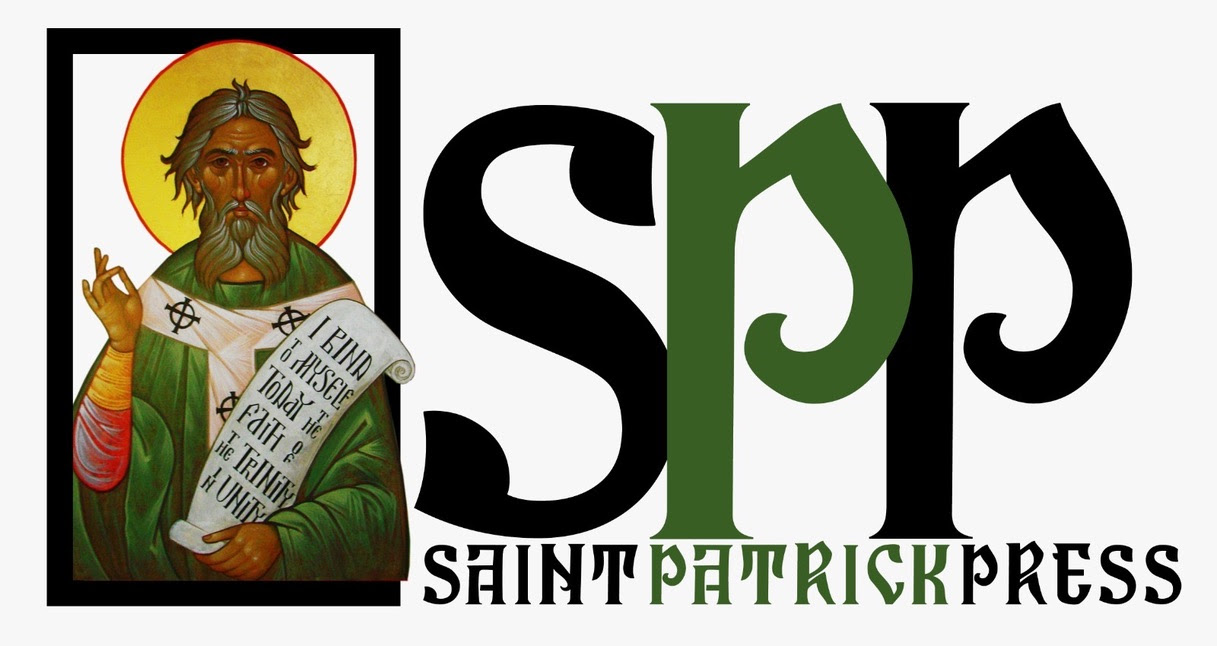Many in modern times feel that their brains aren’t working as well as they once did–thanks to technology. Handwriting can enhance concentration and flow.
My heart is stirred by a noble theme as I recite my verses for the king; my tongue is the pen of a skillful writer.
Psalm 45:1

Reclaim Your Brain
With technology becoming more immersive, many are finding that their brains aren’t working as well as they used to. In conversations with others it’s common for people to complain that their attention spans aren’t what they used to be, that they have a hard time focusing, that they aren’t able to read as attentively as they used to, that they are distracted constantly by their phones and incessant notifications. These complaints are just in the day-to-day stuff, but what about creativity?
This particular post will be about tools that have proven to enhance concentration and attention in some writers. In a future post I will explore some of the research that has emerged over the past decade about how our digital devices are fostering a fragmentation of concentration and overall attention—by design.
This post is based on an academic paper titled “The Phenomenology of Writing by Hand” written by Daniel Chandler. The essay is a study on two different kinds of writers and the tools they use, and how those tools influence their writing styles.
The paper breaks down two kinds of writers: Planners and Discoverers.
Planners Just Do.
Planners tend to engage in writing more academically. They use writing as an extension of their speech. They are typically not interested in the quality and richness of prose, but more in making a particular point that is very clearly laid out in their minds prior to the act of writing. For planners, writing by hand is not important. What takes precedence is simply getting down what they have very clearly worked out in their heads.
For the purpose of getting deeper into tools, this post will focus on Discoverers.
Discoverers Use Writing to Explore …
Discoverers use writing as a way to discover what they know but don’t know they know. Thus Discoverers are those who use writing to discover what they think. They tend to value writing as a deep existential experience, and therefore the tools they use are very important. Here are some highlights from the research …
- Discoverers value the primary advantage of writing as opposed to speech. Some writers in this category might find public speaking difficult because they are in a constant process of editing their words.

- Physical revision is a difference that makes a difference. They need to play with their ideas in physical form. Here the journey is as important, or vital to, the destination. To this point, there was a creativity study done that focused on how painters painted. A number of them seated in a circle with a series of objects placed on the centre. The painters were given a specific period of time to choose their objects and create a stand alone painting. The researchers observed two approaches. One group took an object or set of objects and immediately went to work painting them. The other group took an item or group of items, began painting them, but if it didn’t work, they would go back and replace those objects with others. That is, they used more of their time getting the right concept before they painted. At the end of the allotted time, the paintings were hung in gallery format and a group of art critics judged the paintings on a point system from best to worst. What they found was the paintings that won the competition were those that came out of an iterative process of getting the concept right before painting, that is, the process of painting was as important to this group of painters as the product itself.
- Discovery is the thinking of the body (Yeates). Discoverers tend to favour tools that are the simplest extension of their bodies. This is where there is conversation about pens versus typewriters (back in the time of typewriters) or pens versus computers.
- Discoverers tend to be more interested in and to identify more with the generative act of writing. Discoverers just love writing. There’s something about the process of writing itself that is euphoric.
- Revision helps them get closer to what they mean. Some writers are one-takers—their writing is an extension of what they’ve already very carefully thought through. Discoverers are writers that consider revision as true writing.
- Hand writing is important to Discoverers. Because Discoverers are looking for an extension of themselves, of their bodies, writing by hand is a more visceral experience than typing on a keyboard, for example.
To the point about handwriting over the use of keyboards or typewriters, the poet Wendell Berry notes, “Intimacy of the body is involvement in the making of a work of art.”
Discoverers are seeking that visceral connection with writing. And while typewriters may provide that, many have found that writing by hand with pen and ink is most visceral.
Here’s writer Pablo Neruda …
“The typewriter separated me from a deep intimacy with poetry. Writing with hand brought me closer to that intimacy again.”
The act of writing fuses physical and intellectual processes. Many writers have alluded to the importance of handwriting in their thinking and writing. Discoverers see thinking itself as tactile.
Fay Weldon (Writer): “I choose to believe that there is some kind of mystic connection between the brain and the actual act of writing in long hand.”
The Pen as Extension
Pens and pencils are immediate extensions of our fingers. The handwritten text is the tip of the writer’s fingers.
“The more I trust my pen to do its own writing, the less the writing reflects what my mind thought I would write. Words flow from the pen, not my mind.”
There’s a practical aspect to writing by hand—it slows the writing down, so you can get more polished the first time.
Here’s Stephen King:

“I’ve occasionally gone back to longhand … because I wanted to see what would happen. It changed some things. Most of all, it made me slow down because it takes a long time … It made the rewriting process a lot more felicitous. It seemed to me that my first draft was more polished, just because it wasn’t possible to go so fast. You can only drive your hand along at a certain speed. It felt like the difference between, say, rolling along in a powered scooter and actually hiking the countryside.”
Back to the way Discoverers think on the page, Oliver Sacks was an incessant writer of Notebooks, and I’ve seen a number of photos of him stopped on the side of the road writing on the roof of his car, or outside a train station with his stuff dumped on the ground and he’s jotting something frantically in his notebook while the world goes on around him.

Here’s Sacks from his book On the Move: A Life …
“They called me Inky as a boy, and I still seem to get as ink stained as I did seventy years ago.”
“The need to think on paper is not confined to notebooks. It spreads onto the backs of envelopes, minus, whatever scraps of paper are at hand. And I often transcribe quotations I like, writing or typing them on pieces of brightly coloured paper and pinning them to a bulletin board.”
This quote here really highlights how writing for Sacks was an exploratory process …
“But for the most part I rarely look at the journals I have kept for the greater part of a lifetime. The act of writing is itself enough; it serves to clarify my thoughts and feelings. The act of writing is an integral part of my mental life; ideas emerge, are shaped, in the act of writing.”
Cooling Off
Writing by hand, in pen and ink, gives the writer at least two “looks” at the writing: one iteration is hand-written, the other typed out either on typewriter or computer. Hemingway like to have several “looks” at

the writing, the first draft always in pencil. Some writers say this iterative process allows for the writing to “cool off”. Words may spill out like lava, hot with the writer’s own thoughts and feelings only gradually cooling and setting into something more detached. Writers like Ray Bradbury and Henry Miller talked of letting their writing “cool off”. But understanding one’s writing as too hot would thus make one wary of using the typewriter or computer too early in one’s creative process. For writers like Hemingway the use of the typewriter or computer may seem to make their writing cool off too fast compared with the pen.
And because writing is a process of heating up and cooling off, many Discoverers have a hard time thinking that their work is completed.
James Joyce took seven years to write Ulysses and seventeen years to write Finnegans Wake. T.S. Eliot took seven years each for two poems: Wasteland (7 years) and The Four Quartets (7 years). And Goethe continued to revise Faust for decades right up to the end of his life. Thus given the reluctance to allow themselves to be distanced from their texts, it is hardly surprising that many Discoverers say that their writing is never finished.
Time is therefore important to the Discoverer. While not all of them like to write slowly, major revisions do lead them to dwell on their texts over time. Some look at their texts as extensions of their lives that unfold at the pace of the unfolding of their own development or milestones of their lives, or shifts in their thought.
And there are those experienced writers who actually enjoy the physical burden of writing. D.H. Lawrence wrote drafts of his stories in long hand almost without correction. And if he wanted to change anything he would write a completely new draft. J.R.R. Tolkien wrote the same way. He would take his writing to the Inklings, and the slightest feedback would send him back to his study and a whole rewrite of the manuscript. When Tolkien reposed, all the writing he had done on the Lord of the Rings were piled in a stack of paper 10 feet high. Hence there is a special value in writing slowly or taking time over their texts. In fact, some writers may even reject the tools that made writing easier, like computers or type writers.
The Phenomenology of Handwriting
What’s poignant about the article on the phenomenology of hand writing is the difference writing by hand makes to the Discoverers process of creating. There’s a qualitative difference they describe when writing by hand than writing by typewriter or computer. It’s interesting that the tools make a difference and yet the conventional way of writing these days is by computer. But if the ‘haptic’ nature of tools plays a major role in overall creativity and creative process, then how are people’s writing changing with the prevalence of computers?
It’s all changing.
Look at social media—communicating in quips and emojis.
But then there’s the haiku.
Art is art.
We know it when we see it.
And regardless of the method or tool, writing will only be relevant to the extent it can reach out from one heart to another, weaving together the depths of human experience, beauty, despair, thrills and terrors, with the most felicitous combinations of words.
Nevertheless, those who have to think with ink, get down eye level with a piece of paper, write till their hands are twisted up in an inky cramp, will simply do so. And they’ll quietly let technology do its own thing.
